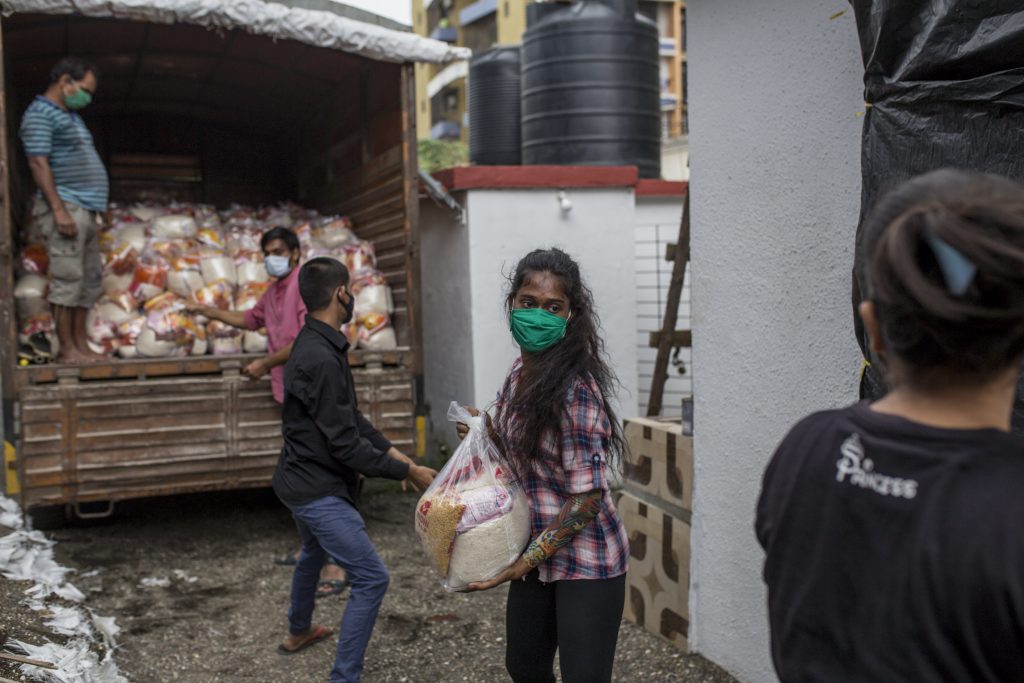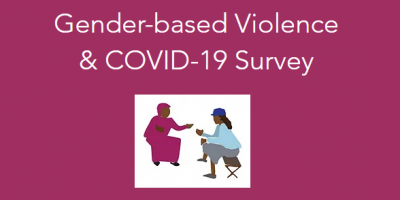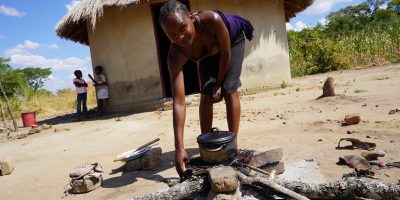There has never been a more important moment to build bridges between social science and humanitarian practice. This principle is the very foundation of SSHAP’s inaugural Fellowship Programme, which will kick off its first round in spring of this year. Our programme aims to link future leaders in social science with those working in operational humanitarian response roles to forge new solidarities and synergies. These two communities don’t always connect and collaborate – and yet together, we believe they can transform humanitarian response now and in the future.
The complexities of crises
As our world is amidst a pandemic, we have seen innumerable humanitarian crises in the past and will continue to face them into the foreseeable future. Crises have been kicked off by sudden shocks like epidemics, natural or industrial disasters, and outbreaks of violence. Just in the last few days, Ebola has once again emerged in the Democratic Republic of Congo and in Guinea, while thousands are facing violence and forced displacement in northern Ethiopia. Alongside these and many other acute disasters, have been more protracted crises. Climate change for one, continues to stress ecosystems, forcing people to abandon their homes and livelihoods for new and uncertain futures.
Whatever the origin or character of a crisis, it can upend the lives of often already highly marginalised people and communities. With the proverbial rug pulled from beneath their feet, they may find themselves without shelter, food, sanitation, safety, security, livelihoods, income, care, family, friends and community. This has immense consequences for the physiological, psychological, social and spiritual health of individuals and their communities. And yet, some policies and programmes designed to help, may inadvertently end up exacerbating these negative impacts.
Of course, crises do not just upend lives out of nowhere – rather, longstanding inequalities and historical injustices conspire to render some more vulnerable in the first place. It is this ‘structural violence’ that must ultimately be addressed if we are to ever have a safe and just world for all. Tackling this, and all the messy complexity that comes with it, is a necessarily long-term project which we as social scientists – and as human beings – can and must support.
Understanding social and political context
In the meantime, humanitarian response is critical to supporting people facing immediate and ongoing threats, and while it is crucial that responses be furnished with adequate ‘stuff, staff and systems’ on the ground – and fast – we cannot afford for key aspects of social and political context to get lost, overlooked, or even outright dismissed in the rush to respond.
At SSHAP, we are dedicated to promoting the critical role that social science methods and perspectives can play before, amidst and following disasters to make responses more effective and socially just, and in supporting communities to become more resilient in the face of future crises. Our fellowship programme reflects this mission.
Although the importance of knowing about social, cultural and political-economic context and dynamics amidst a disaster response receives increasing lip-service, learning and adaptation of response in light of these dynamic realities, is not always a priority, or even on the radar. This is even though time and again, it is exactly such understanding and adaptation that can bring a crisis to heel. The clearest and most illustrative recent example of this was the belated, but critical shift from burials that were simply ‘safe’ – which in many instances, entailed the burial or cremation of bodies without the attendance or even knowledge of loved ones – to burials which were ‘safe and dignified’ during the 2014-2016 West African Ebola outbreak. This critical turn supported local people to say goodbye to their loved ones in ways which were both safe, and in keeping with local social, cultural and spiritual needs. This led to increased trust between communities and the response, and thus increased collaboration – with people less fearful to report for treatment for instance – to bring the epidemic to an end.
We can’t just ‘KAP–and–go’
Reflected in this and countless other examples, is the vital need to keep communities at the centre of any response – and social science can help. Importantly, this needs to be deeper than a conventional ‘KAP-and-go’ response. Yes, knowledge, attitudes and practices (KAP!) are critically important, but understanding their political and economic underpinnings, as well as the dynamics of vulnerability within and between communities is crucial too. Of course, what we do with this information – how we operationalise it – is really the lynchpin of better and more socially just humanitarian responses. Afterall, it can be used to tick boxes, or it can be used to transform activities and enable people and communities to lead.
We can’t wait for our first batch of fellows to arrive, and to explore these and other issues with them. I have no doubt that we will learn as much from them and their experiences as they will from each other, and from the resources that SSHAP’s growing network – which they will become a key part of – can offer. If you are a social scientist or humanitarian practitioner who is from and is working in a country in the Global South, we want to hear from you. You can apply for the fellowship here – but if that isn’t your thing, we’d still love for you to join our growing network.





